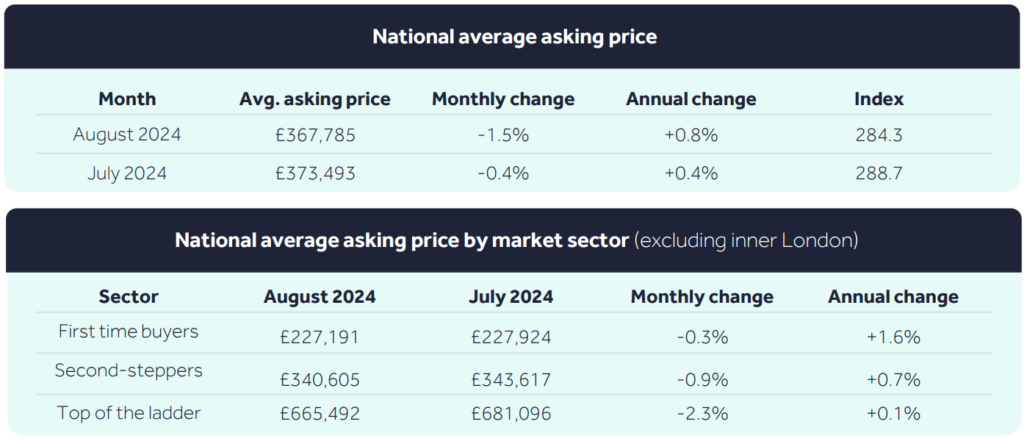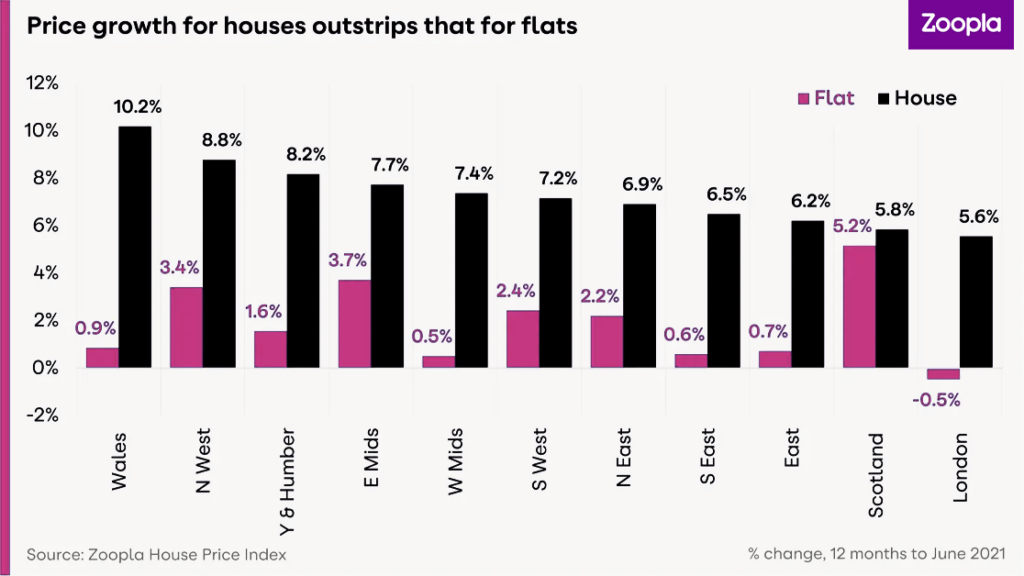Today’s Autumn Budget 2024, delivered by Labour, has introduced several bold changes that will impact the housing market and, more broadly, the property landscape in the UK. With a strong emphasis on addressing housing supply, improving affordability, and enhancing tenants’ rights, this budget brings both challenges and opportunities for homeowners, buyers and investors. Let’s take a closer look at the key announcements from the Autumn Budget 2024 and how they could shape the property market.
Second home Stamp Duty rises from 3% to 5%
Starting tomorrow, buyers purchasing a second home will see a significant change in stamp duty, with an increase from 3% to 5% on the entire property’s value. This adjustment means that anyone buying a second property, such as a holiday home or investment property, will now need to pay an additional 2% on top of the standard stamp duty.
Currently, the second-home stamp duty surcharge is 3%, which is applied to the entire property value in addition to the regular stamp duty rates. But with this change, the surcharge will jump to 5% as of tomorrow.
How the Stamp Duty increase works
For instance, if you’re purchasing an investment property worth £500,000, the stamp duty would now amount to £37,500, calculated as follows:
- 0% on the first £250,000 = £0 in stamp duty
- 5% on the portion from £250,000 to £500,000 = £12,500
- 5% surcharge on the entire property value = £25,000
This brings the total stamp duty for a £500,000 second home to £37,500. By comparison, buying the same property today would incur a total stamp duty bill of £27,500.
Chancellor Rachel Reeves explained that this increase is intended to support more first-time buyers and those looking to move homes by easing some competition from investors in the housing market. Current reliefs for first-time buyers and home movers remain unchanged.
Stamp Duty relief for first-time buyers and home movers continues
The Autumn Budget confirms that first-time buyers will continue to benefit from an elevated stamp duty threshold. This allows first-time buyers to pay no stamp duty on properties priced up to £425,000. For properties valued between £425,000 and £625,000, a 5% stamp duty applies to the portion above £425,000. Properties exceeding £625,000, standard rates apply.
For home movers—those selling one home to purchase another—the stamp duty threshold of £250,000 remains intact. Here’s how the rates break down:
- 0% on the first £250,000 of a property’s price
- 5% on the portion between £250,000 and £925,000
- 10% on the portion from £925,000 to £1.5 million
- 12% on the portion above £1.5 million
For a clear estimate of your potential stamp duty costs, use our partnered mortgage brokers Stamp Duty Calculator.
Increased Capital Gains Tax rates for second homes
The Chancellor also announced an increase in Capital Gains Tax (CGT) rates. Which impacts profits made from selling assets such as second homes. The CGT rate for lower-rate taxpayers (those earning under £50,270 annually) will rise from 10% to 18%. And for higher-rate taxpayers (earning over £50,270) from 20% to 24%.
For example, if you bought a second home for £500,000 and later sold it for £600,000, the capital gains tax would now be:
- £18,000 for lower-rate taxpayers (up from £10,000)
- £24,000 for higher-rate taxpayers (up from £20,000)
Although Rachel Reeves highlighted that this rate remains the lowest among European G7 countries, this increase may discourage property investors. With 12.5% of properties on the market currently former rental homes, the shift could lead to reduced rental supply, intensifying competition for rental properties and potentially driving up rental prices.
Inheritance Tax rules for property held until 2030
The Budget also extended current inheritance tax rules on property through 2030, maintaining the tax-free threshold at £325,000. For direct descendants, this allowance increases to £500,000, and to £1 million for properties passed to a spouse and then inherited by children or grandchildren. However, new rules coming in 2027 will include unused pension funds and death benefits within an estate’s value for inheritance tax.
What now?
The Autumn Budget brings significant changes for property investors and second-home buyers. With impacts likely to be felt across the rental market as well. First-time buyers and home movers can still benefit from current reliefs, but potential investors may approach future transactions with greater caution as these tax changes take effect. For more information, please contact us on 01634 570057.
Recent Articles














